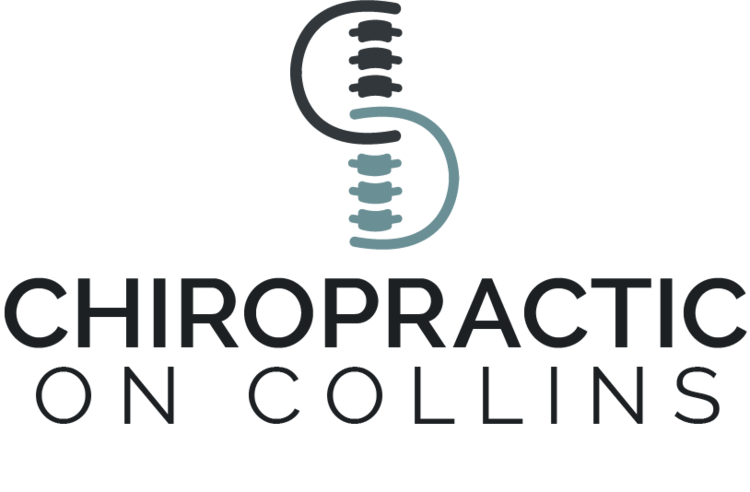As humans, our bodies are very clever. We function, heal and self-regulate in incredibly intricate and efficient ways. It’s amazing to think of the huge number of actions and processes that occur in our body every second of every day that just happen automatically, without us having to think about it. Food digesting, heart beating, hormone production, skin cell turnover, the list goes on….!
One of the biggest jobs of the brain and nervous system is to co-ordinate the distribution of nutrients and the elimination of toxins to and from the body. Elimination of waste products is one of the primary (and most natural) ways of detoxification.
Toxins are waste products that build up in our body as we burn energy and sustain life. Our bodies are exposed to a huge variety of different toxins on a daily basis. Some of these toxins are a natural outcome of normal healthy metabolism; breaking down and processing food and drink, synthesizing our various hormones, and turnover and replenishment of our cells (organs, muscles, skin, etc).
However, some of the toxins in our bodies are synthetic, unnatural and foreign. Food additives and preservatives, pollution in the air, medications, chemicals in our skin products, and things like cigarettes and alcohol. Sadly, our modern lifestyles are full of exposure to these toxins, and it places a large load on our body to detoxify and self regulate to stay in a state of good health. When you think of what we expose our body to, it really does a remarkable job to keep us alive and well!!!
What are free radicals and antioxidants?
Free radicals are the bad guys. Free radicals have been linked to a variety of chronic conditions such as heart disease, cancer, arthritis, and early aging. Free radicals are a by-product of normal metabolism, but can be greatly increased in number by chemical stressors such as food chemicals, smoking, alcohol, high sugar diet, environmental pollution, etc.
Antioxidants, on the other hand, are the good guys. They react with free radicals by binding to them and then eliminating them from the body. Your body naturally produces some antioxidants, but the majority of these need to come through our diet. Vitamins E, C, Zinc and beta carotene (a form of vitamin A) are commonly known antioxidants. Some of the best sources of antioxidants are brightly coloured fruits and vegetables. Black and green tea is also a great source of antioxidants.
So as we can see, reducing our intake of toxins and free radicals, and increasing our intake of antioxidants, results in the most effective way to keep our body’s toxin levels at a minimum.
Food and its direct impact on our health
As our individual bodies are distinctive and unique, we respond differently to the different chemicals we are exposed to. Chemicals are used extensively in food production to increase productivity, prolong shelf-life, make foods more attractive and increase profitability. This however, does not mean that the food we eat is healthy. In fact, most often it significantly decreases the nutritional value of our food.
There are many commonly found toxins and chemicals in food such as pesticides, fertilisers, preservatives, flavours, hormones and antibiotics, etc. Although each of these on their own may not cause ill health, the combination and accumulation of these toxins often becomes difficult for our body to deal with.
This cumulative effect is known as ‘toxic load’.
In reality, the only way to truly reduce and avoid toxic load, is to be exposed to fewer toxins than the body is able to get rid of. ‘Detoxing’ really only lasts as long as you detox for.
Our Personal Environment
An often-overlooked area of importance is the chemicals we expose ourselves and our families to in our living and working environment. Common household cleaners, sprays, and hygiene products have an extraordinary number of chemicals in them…just take a look at the big words on the ingredients list!!
Just think about when we spray a room full of bug spray, to kill a single fly, while staying in the room to breathe the contaminants! You have to wonder what effect this has on our long term health as humans. The same goes for our workplace exposure, mechanics exposed to oils and degreasers, carpenters breathing dust, gardeners exposed to weed killers, etc, etc.
We really do need to think about the things we do and use daily in our lives... how might they affect our future health, and what can we do to reduce our exposure right now?
What else can we do to reduce toxic load, enhance nourishment and help our body maintain an optimal chemical balance?
Eat pure, fresh foods produced with minimal use of man-made chemicals.
Eat foods that are high in antioxidants
Minimise foods that have been heavily processed and refined such as white breads and sugary foods.
Minimise processed sugar
Avoid artificial sweeteners as a sugar substitute
Clean fruits and vegetables thoroughly before using or juicing them.
Drink lots of pure water (maybe invest in a good water filter for your home).
Consider using “eco” cleaning products containing less chemicals.
Be careful what you breathe in when using sprays in the home, the garage, the garden, and at work.
Reduce your stress levels – learn about ways to manage mental and emotional stress in your life.
Be kind to your environment, you have to live in it!
Remember you can thrive, or just survive, it’s your call!!
